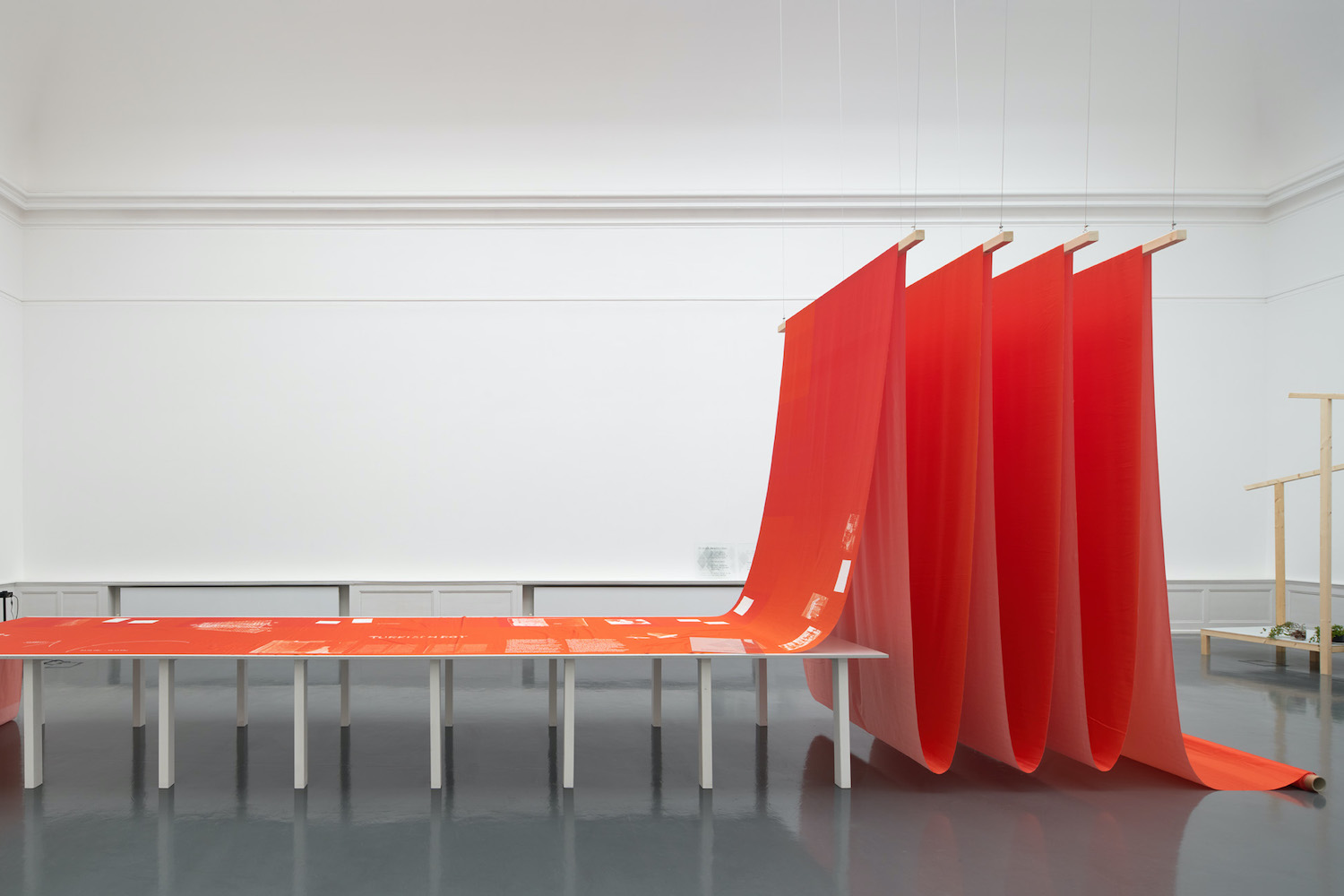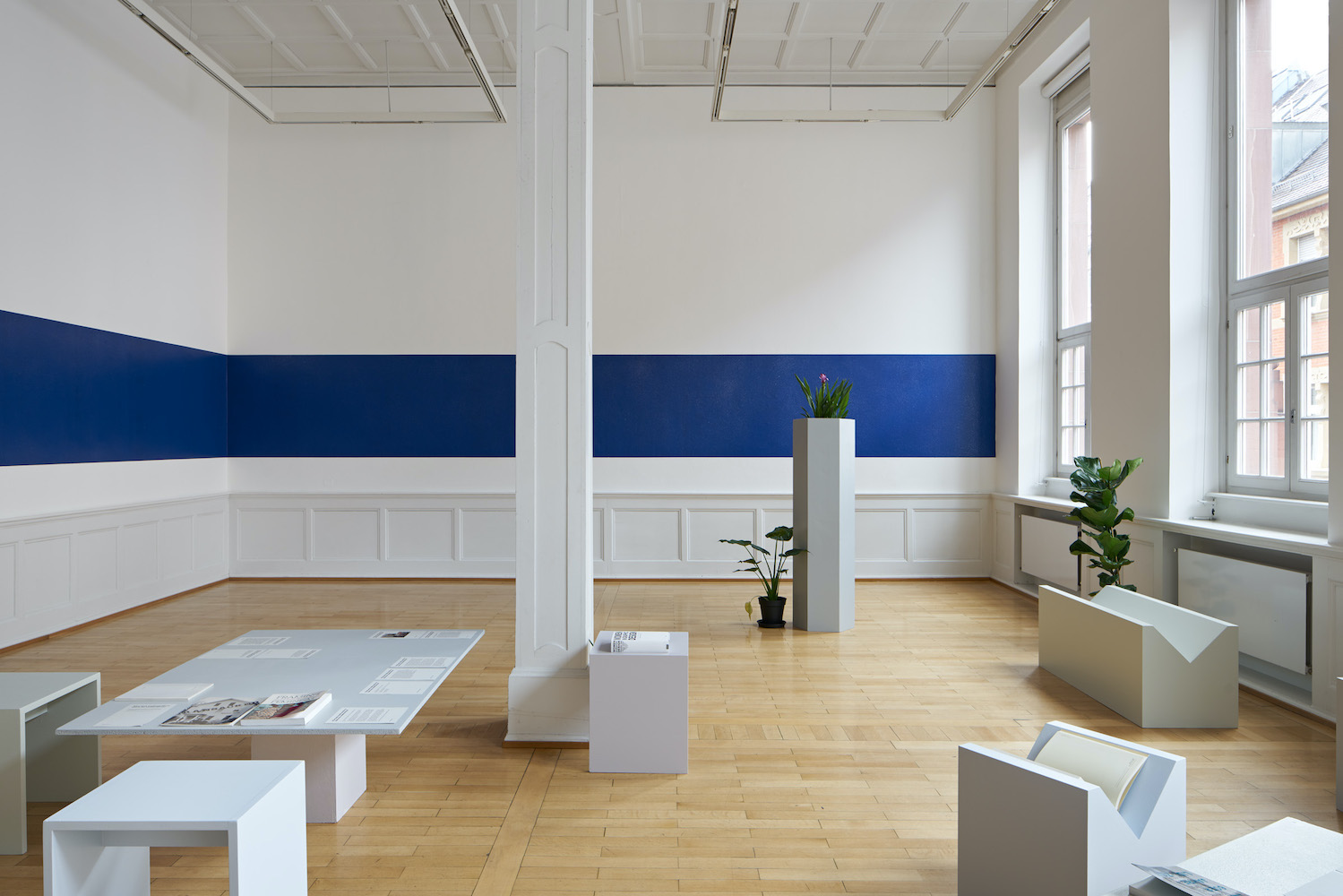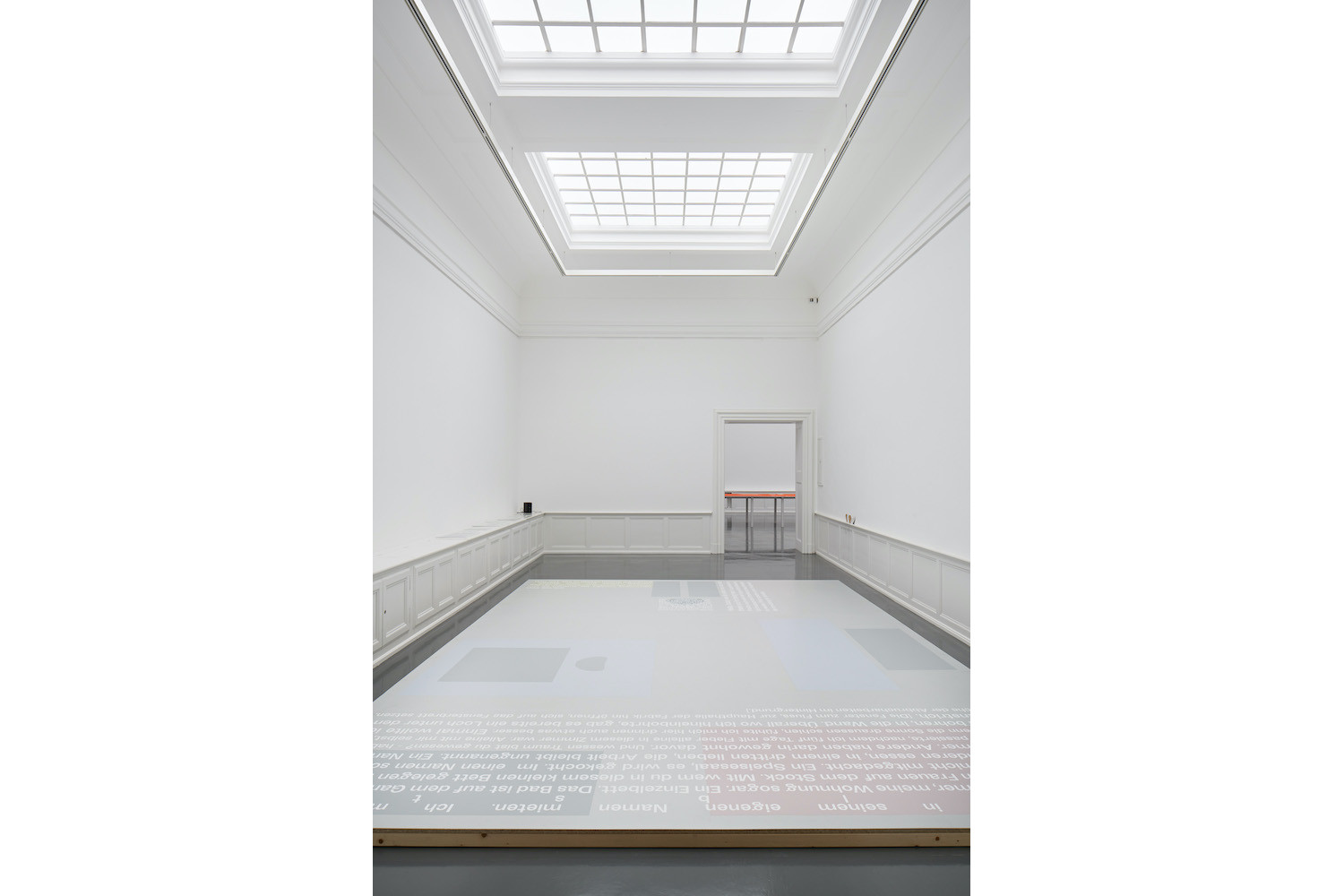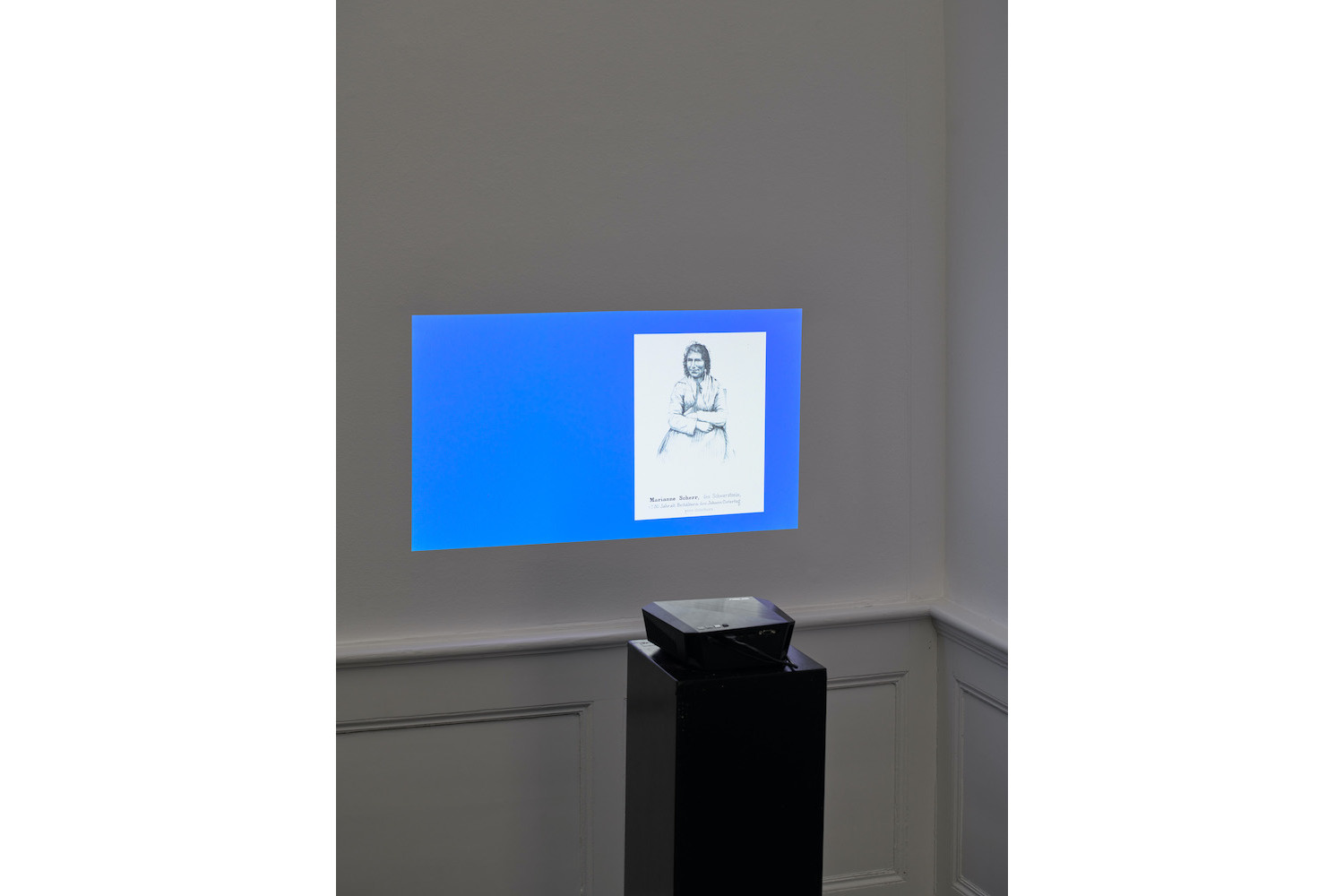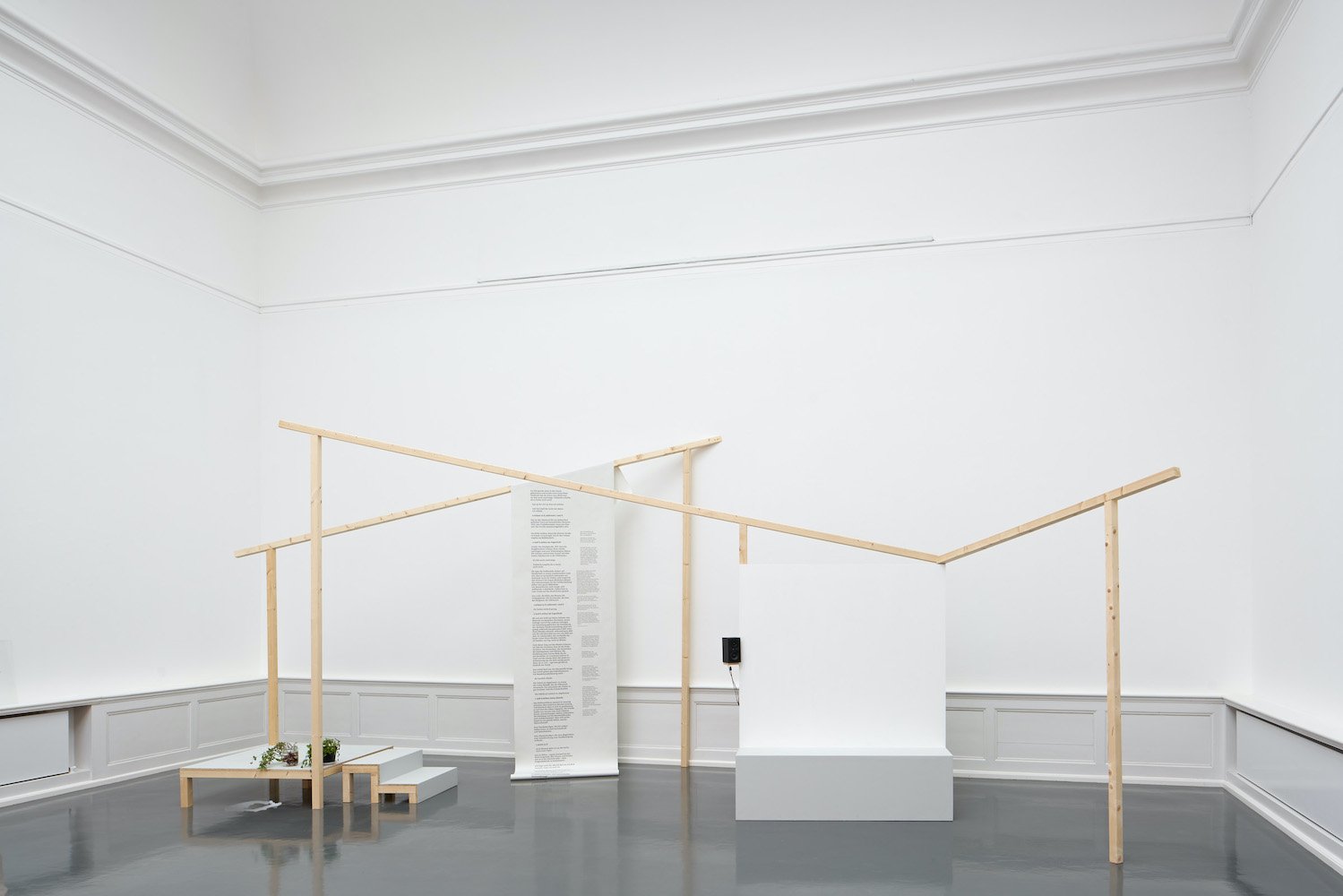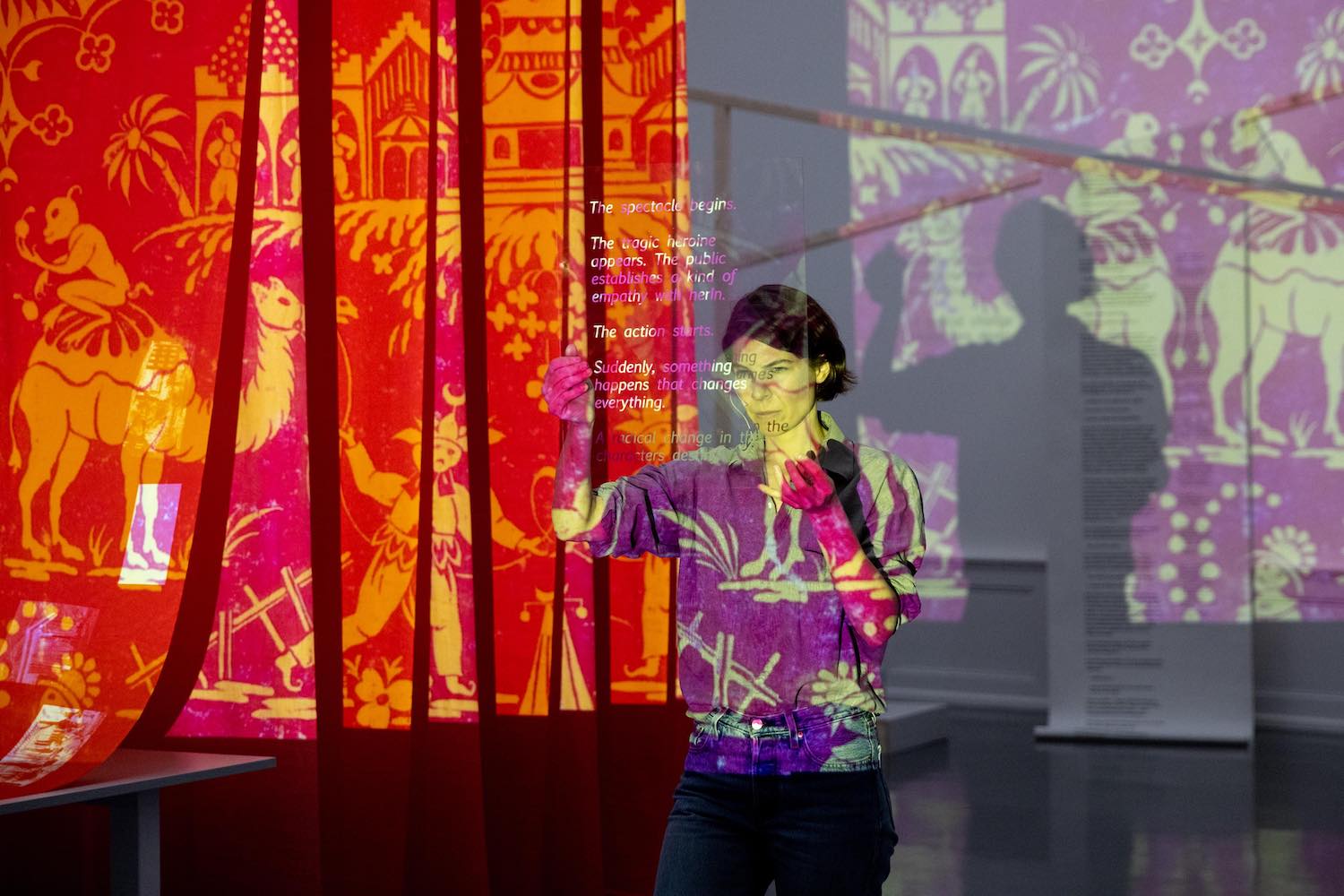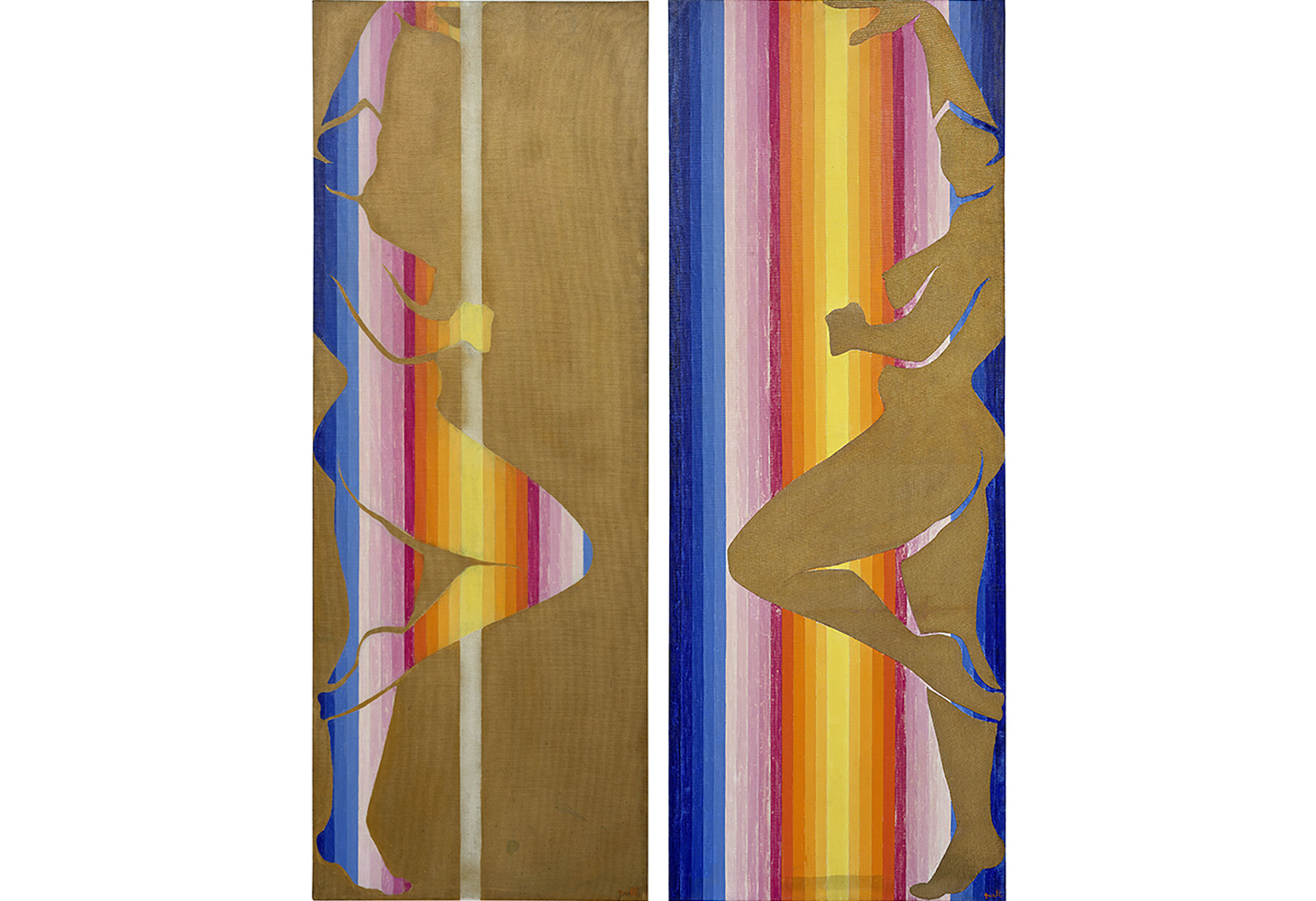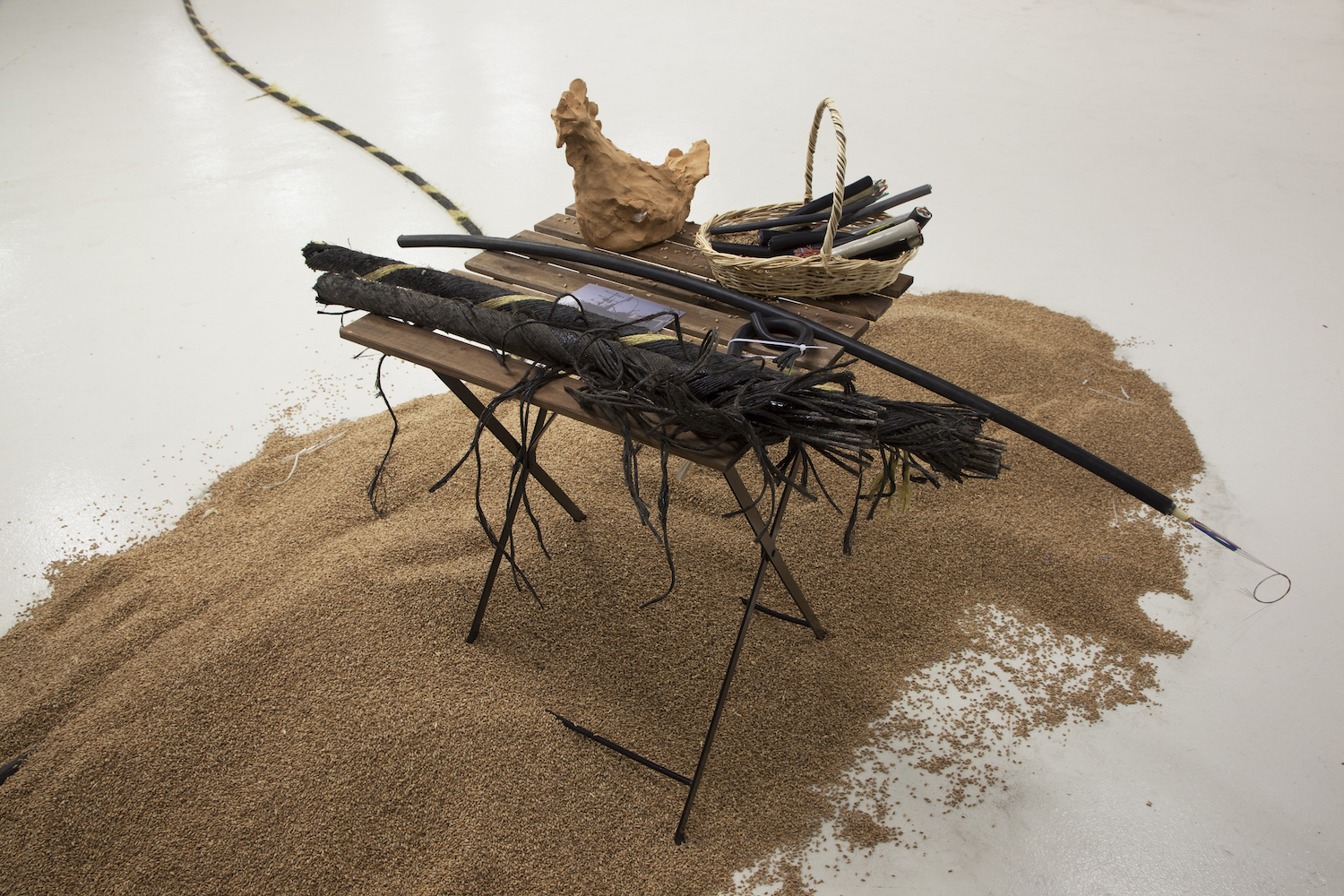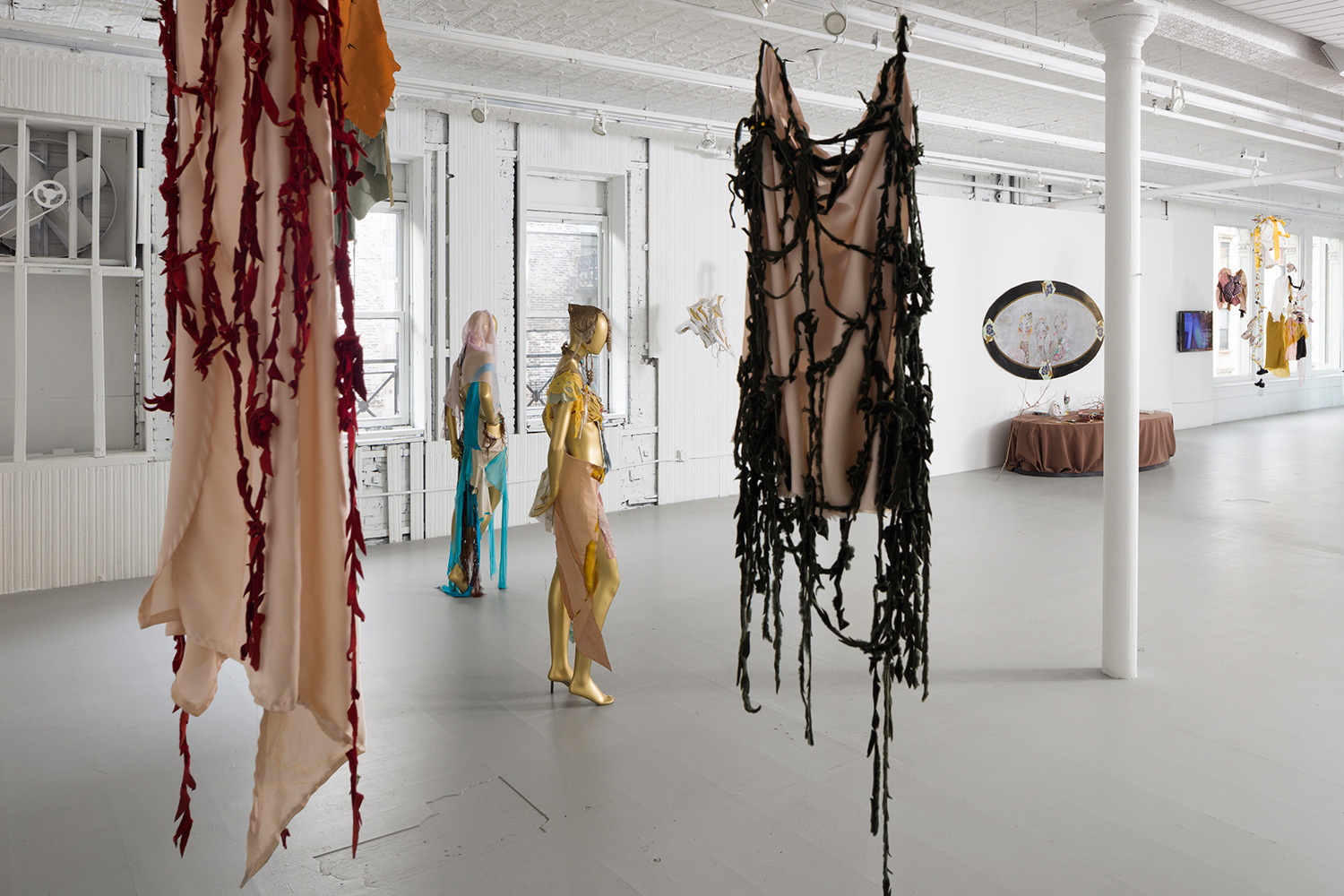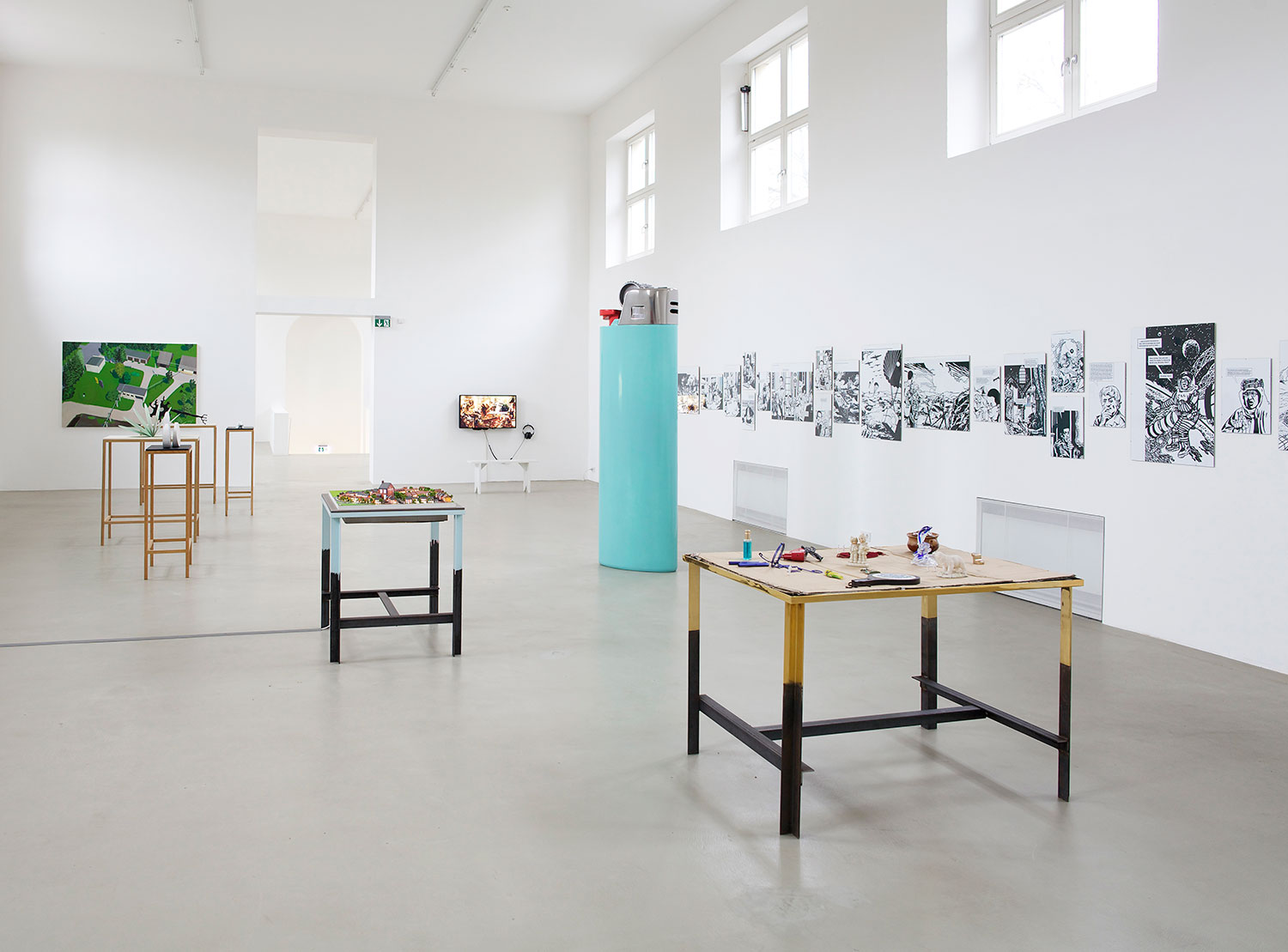Romy Rüegger’s formats extend from performances to audio installations, and all the way to choreographed spaces – often in collaborative structures. She joins archival projects, research, and contemporary history with performances, which are further developed into displays – the exhibition is conceived in terms of performance, and interpreted as body-space or as body-time.
Romy Rüegger composes experimental audio pieces, staged conversations, notations and texts, which have already been multiply performed, recited, published, and broadcast. A number of them appear in her recent publication Language is Skin – Scripts for Performances, and are characterized by an antiracist and intersectional politics of language and memory. With associative material-textual constellations that alternate between poetic and documentary approaches, the artist opens up radical perspectives on the present moment, while asking for a continual re-reading of conventions, of the established knowledge found in documents, as well as in the voids of hegemonic historiography.
At the Badischer Kunstverein, Romy Rüegger exhibits three central works, which she has developed further and repositioned for this exhibition. Connecting these projects is her critical investigation of work-at-home and reproductive work, industrialized factory work, and labor migration, as well as colonial relations of production and commerce. The sound- and text-based performance Approaching Ultra Light, for example, deals with nomadic and non-sedentary populations in Switzerland, in southern Germany, and in Alsace. The artist regards the stigmatization of nomadic lifestyles as the epitome of attempts to establish a homogenous, sedentary, white society. In a performance and an installation, the work Si Tu Vivais Ici… If you lived here investigates reflections of women’s everyday lives that are created in a model-based approach in architecture, specifically with reference to the Baugenossenschaft Berufstätiger Frauen (Building cooperative for working women) in Zürich. In the research-based performance with installative elements, A Fabric in Turkey Red, Romy Rüegger thematizes the gender-specific and colonial character of industrialized textile production in the 19th century. Here, the artist amalgamates questions of globalized trade, which she calls “silent colonialism”, early labor strikes, the rights of laboring women* and children, but also the weaving loom as the first calculating machine and the conditions and architectures of digital work from home in former textile factories. The spatial installations are activated by performances bearing the same names; these are central to her practice, and at the same time represent modes of reading, revision, and research. In this sense, the temporary spatial configurations never reach a state of completion; instead they are continuously reformulated as a “work in the now”.

